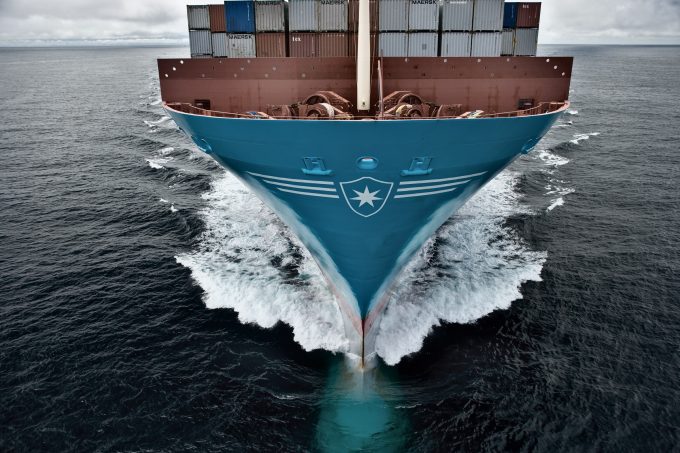Containership charter market feels the ripples from trade tensions
The charter market for containerships is diverging in response to the many pressures on supply ...

The British International Freight Association (BIFA) has criticised the proposed introduction of a new fuel surcharge by shipping lines in advance of the 202o global sulphur cap, describing it as “unjustified” and arguably “blatant profiteering”.
This week Maersk Line announced plans to introduce a new bunker adjustment factor ...
Four crew members still missing as Wan Hai 503 continues to burn
Predatory rivals circle as the ripples from DSV's Schenker buy widen
MSC Elsa crew face criminal probe, as Wan Hai 503 firefighters battle on
Latest Israeli attack on Iran a threat to box ships in Straits of Hormuz
'It's driving us mad', say forwarders as US court fails to end tariff turmoil
Transpacific rates ease as capacity boost proves too much for trades to digest
European port congestion easing – for now
CMA CGM 'testing the water' of the Suez Canal for more services
More legal trouble in India for MSC: feeder vessel detained after box ship disasters
Industry concerns rise after yet another box ship on fire off Indian coast
Flexport: Sanne Manders talks profitability, fire-sales and Dave Clark
MSC to hold 15% global container terminal market share after Hutch buy
EXCLUSIVE: Schenker top exec departs 'One DSV' – fishing continues (Part 1)
EXCLUSIVE: The good old DSV, 'Winning as One' – all Schenker top dogs out (Part 2)
DHL makes €500m bid to increase its presence in 'fast-growing Gulf markets'

Comment on this article
Gary Ferrulli
September 19, 2018 at 3:13 pmTwo comments; profiteering, is that what carriers have done in last decade? or losing more than $20. Billion and cutting rates by 50% (Alphaliner report) in last 20 years? The fuel costs started upward journey in first quarter 2017 and by now have increased by 60%, yet surcharges introduced in July 2018 with huge list of exempted shippers. All in rates were opposed by shippers for decades, they wanted transparency to see if fuel went up, they could see why. If terminals went up due to labor, they could see why. If currency goes up, they can see and calculate. Now they want all in rates – why?
They have been used to lower rates for over a decade, dealing with an industry that has lost money for the past decade. They clamor for transparency and notification, here there are months of notification. So when they see this they complain as it isn’t their norm – lower and lower rates. Has nothing to do with cost of service. The one real complaint they can make is- who will it apply to, and as importantly, who won;t have to pay it? Carriers are notorious for creating charges and gri’s while writing thousands of contracts that exempt the gri’s and surcharges. That is a legitimate complaint from the small and medium sized shippers, they bear the brunt of the additional costs. It’s the carrier decision making process that has created this reality and educated a generation or two of shippers that rates and charges only go down. Anything else is profiteering.